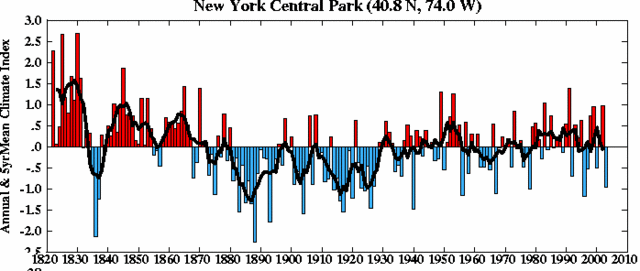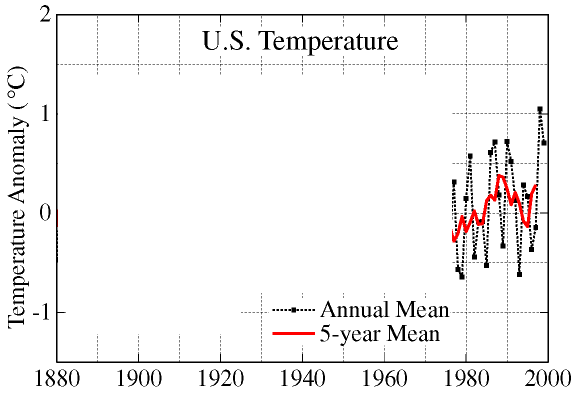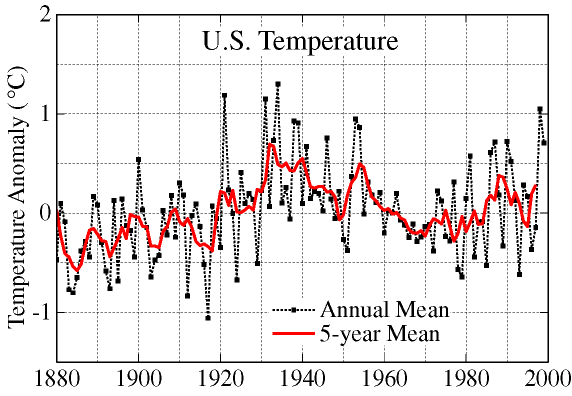A Guide to Ad Hominem Attacks
Over the last year or so, ad hominem political arguments have really begun to drive me crazy. I don't think that they are any more prevalent, but since I have begun blogging and tried to really get underneath the factual underpinnings of certain issues, these ad hominem arguments have become more irritating.
What do I mean by ad hominem arguments? Here are several examples:
Ad Hominem Classic
The classic Ad Hominem attack is one that substitutes a (mostly) irrelevant personal attack on the author of an argument instead of logically or factually disputing the argument itself. I could pick from about a thousand examples a week from the blogosphere, but a good recent example were conservative attacks on Robert Byrd's admittedly over-the-top defense of allowing filibusters for judicial nominees. Almost every response I saw to Byrd was careful to remind readers that Bird was a KKK leader forty plus years ago. Though certainly unsavory, it is unclear how being a KKK member is relevant to the argument about the filibuster rule (the only real connection, though irrelevant to refuting Byrd's arguments, is that Byrd used a filibuster rather famously to try to head off passage of the Civil Rights Act in the early 60's). If anything, one might argue that Byrd's historic white supremacist activities might make him more rather than less favorable to judicial nominees. If anything, the one relevant fact about Byrd that might have some bearing on the argument is that he is often considered a constitutional expert, and has been cited as such a number of times by Republicans when it suited his purpose.
Ad Hominem Shorthand
This is a staple of Blog comments. Examples include "Bush is a Fascist", "Bush is a Liar", "They're Moonbats" etc. These arguments usually do nothing to enhance an online argument.
Ad Hominem Motivation / bias
A good example is "of course you oppose abortion - you're Catholic". While bias or group affiliation may be a pointer to potential weaknesses in a person's argument, they are not weaknesses in and of themselves, and pointing out these biases or affiliations does not constitute refutation of an argument.
Ad Hominem Protected Group Status
This is the reverse of the one above. Rather than trying to refute the argument by pointing out the group affiliation of the other person, you are instead trying to short-circuit the argument by taking advantage of your own group affiliation. A good example is of those in "protected" groups (blacks, women, etc) responding to arguments by saying you are just being racist / sexist. This is a very popular tactic on campus's, where members of protected groups use campus speech codes to try to declare certain arguments illegal "hate speech", thereby eliminating the necessity of actually having to respond to or refute the argument.
Ad Hominem Source of Funding
This charge is increasingly prevalent in the blogosphere, as both liberals and conservatives accuse the other of "astroturfing", or offering political opinions for payola. While source of funds for writing and research are important points of disclosure, the fact that an argument has been subsidized by this or that group does not automatically negate the argument. For example, global warming activists love to point to studies that refute warming claims by claiming the study was paid for by the power industry, or the oil industry, or whoever. While this should make one skeptical, it does not constitute sufficient refutation of logic and data, though it is often used that way.
Ad hominem guilt by association
This is perhaps the weakest of all ad hominem attacks. It attempts to undermine an argument not by pointing out flaws in the person making the argument, but by pointing out flaws in other people making the argument. For example, conservatives like to dispose of anti-war arguments by pointing the the wackiest of anti-war protesters, and saying "see, you are just one of these moonbats". More recently, liberals have tried to undermine reasonable people arguing for not removing Terri Shiavo's feeding tube by pointing to how unsavory and unreasonable other people have been in the same cause. Can't we just admit that for any argument one wants to make, there is someone out there who agrees but who one would not want to be associated with.
* * *
Anyway, I probably left a few out. I don't know if it is still the case, but in British legal arguments there used to be a distinction between hard evidence directly refuting an argument and "pointers", or items that might cause one to be suspicious of the opposite party's arguments, but which don't actually constitute proof. In this context, ad hominem arguments can be thought to sometimes provide a useful pointer, but they should never be mistaken for a true refutation of the facts.
For more, Wikipedia has a good article.



